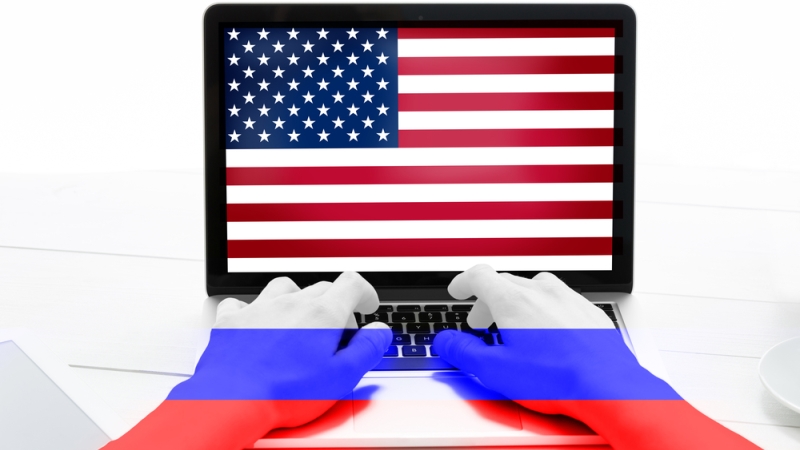
During a House Judiciary Committee hearing on securing elections, witnesses from law enforcement agencies were asked a litany of questions related to the security of U.S. elections for 2020, including what kind of new measures were being taken during this cycle.
The witnesses agreed that with each election from 2016 to 2018 and now to 2020, the cybersecurity posture of U.S. election systems has gotten increasingly better. Senior Cybersecurity Adviser for the Department of Homeland Security (DHS) Matt Masterson said that working with media has helped protect the unofficial election results that we see across channels on election night.
Holding tabletop discussions with media, he said, was helpful in 2018 as DHS and media members were able to discuss different compromising scenarios to the unofficial election results. Masterson said that the AP has been an active member with these efforts and plans to work with them in 2020 to continue these tabletop discussions.
Nikki Floris, Deputy Assistant Director for Counterterrorism at the FBI, spoke about the current efforts the FBI is aware of to interfere in the 2020 elections. She mentioned that while there isn’t any specific hacking into election systems that the Bureau is aware of, nation-state actors from Russia and China are still focusing on disinformation campaigns. Floris called this a form of voter suppression.
Elsewhere, Vice Chair for the U.S. Election Assistance Commission (EAC) Ben Hovland said that EAC is working continually to improve audit processes to help reassure voters that their vote was counted.
